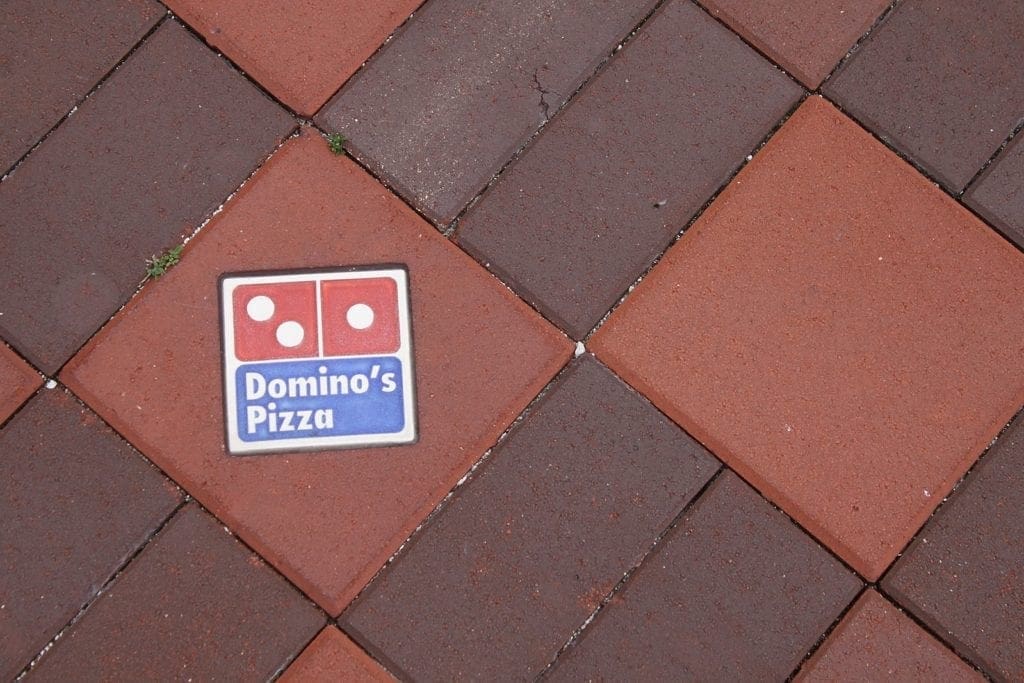If you are a libertarian, you must have heard the question “who will build the roads?” at least once.
While a completely free market could end up making roads a thing of the past, the real answer to that question is simply, “we don’t know.” But recently, pizza chain Domino’s partnered with more than a dozen towns and cities to fix potholes, thus giving libertarians a current example of a private initiative that makes the government look like the backward institution it is.

The effort has already produced results in four towns in Texas, California, Georgia, and Delaware.
Using the company’s logo along with the slogan, “Oh yes we did,” potholes in these towns are no longer a concern thanks to a private company. Next, 20 other towns will get the same treatment.
Domino’s spokeswoman, Jenny Fouracre, said the goal is to make their customers happier.
“We care about our customers and how we can make their experience better, we often try to focus on existing tensions that could impact their interaction with our brand,” she said. “Clearly we hit on a big one — potholes — and what they can do to your pizza.”
For the next 12 weeks, the company will continue to look at the recommendations customers have made to award roads that need help the most.
“We expect lots of good customer engagement over the summer on this program,” she added.
Plenty of critics were upset at Domino’s for taking on this effort when the government is “supposed” to take care of the roads. But with 37 percent of the country’s roads in poor condition and Americans spending $107 billion each year with car repair, Domino’s found a way to be more beneficial to its customers.
A few years ago, entrepreneur Mike Watts felt he could also be of use when a section of a local road was closed by the British government. So he built his own private toll road to help drivers traveling between Bath and Bristol.
That was the first privately-run road built within the last 100 years. Now, Domino’s stepping in to not build roads but to fix crumbling ones.
The History Of Roads And The History Of Empire
Historically, roads were put in place to help kings better rule over their empires. Roads facilitate commerce by giving tradespeople and consumers means to move from one location to the next.
The Royal Road, or Amber Route, allowed travelers to go from Afghanistan through Persia and Arabia to Egypt. It also served as a way to give Persian King Darius’s emissaries better access to the various locations of his large empire.
In the Old Testament, mentions to ancient roads such as the King’s Highway also show us that dating back to 2,000 B.C., roads were often established or ordered by rulers. Rome, where a complex system of roads had been established by the Roman Empire and then kept and maintained by local district governments, is the perfect example.
But in a world where empires fight one another for power and control, it’s easy to see how roads benefit their agenda. It’s like giving the local population a bribe, such as a monthly check, and saying: “You see? You cannot live without us.”
In a world where governments or empires are obsolete and only freedom reigns, roads can be built by and for private use. They can connect centers of commerce and residential villages, they can expand peace by letting goods come and go whether they are called emperors or governors.
As Domino’s has shown, roads can be built by anyone. What truly matters is to whom they are serving.
In the decades to come, we can choose to continue to let government use roads as “bribes” or we can say enough! Time to let freedom ring.




















